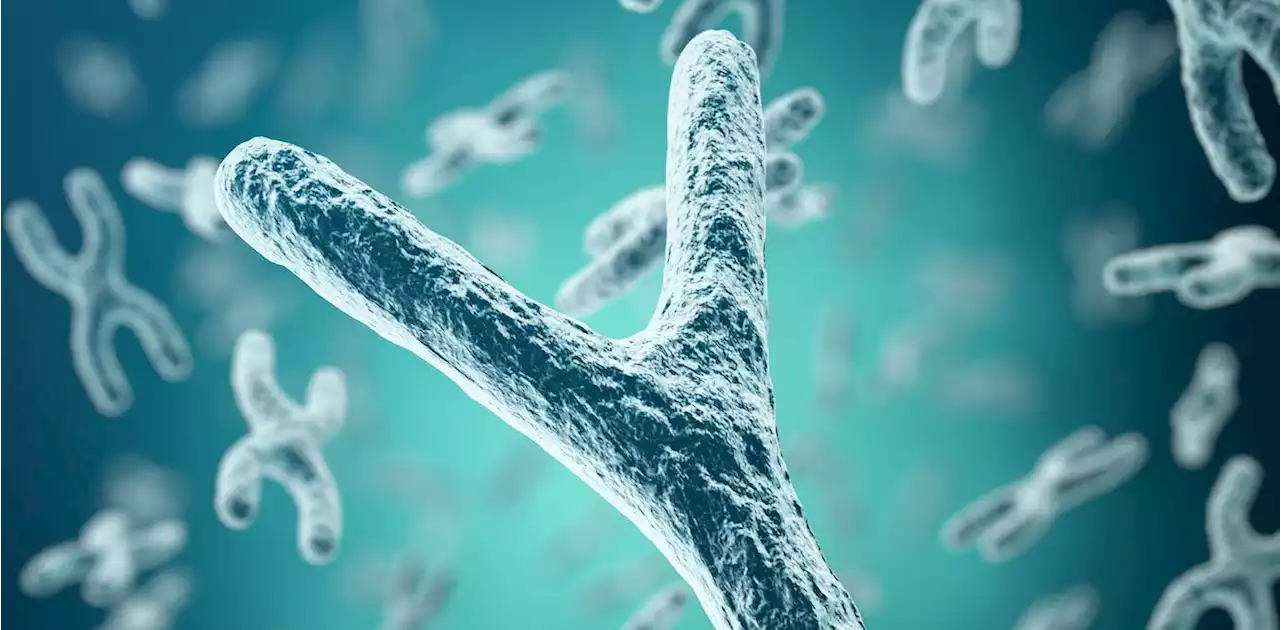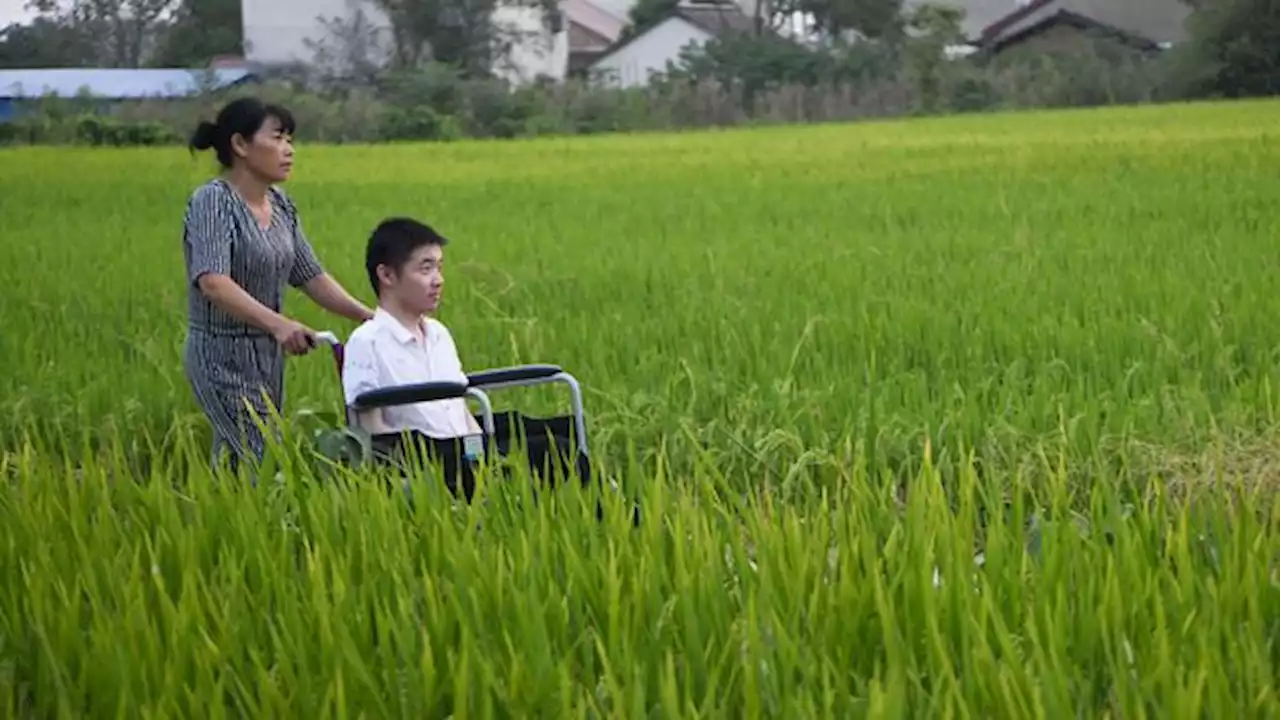Scientists are racing to find out what causes this progressive disease. And they're starting to make some headway.
The disease occurs more commonly in men and the average age of diagnosis is about 60 years old, though it can also affect people who are significantly younger. While most people live only a few years after the diagnosis, there are notable exceptions, including the physicist Stephen Hawking who was diagnosed with aThe reasons why people develop ALS are complicated. For 10-15% of people with the condition, it.
For the other 85% of people who develop ALS, identifying the cause is even less straightforward. When no-one says"your great uncle had something like that" after someone gets a diagnosis for ALS, then it is considered to be a random, one off, event and is called a"sporadic" case. Recent research has suggested that genetic mutations might be part of the story.
"We suspected the presence of what we term the ALS 'exposome', which is the sum of toxic environmental exposures that increase risk," says Feldman. The team have found that prolonged exposure to organic chemical pollutants, metals, pesticides, particulate matter in dust from construction work and poor air quality could contribute to
Australia Latest News, Australia Headlines
Similar News:You can also read news stories similar to this one that we have collected from other news sources.
 Scientists create new test to identify people at risk of developing myeloid leukemiasScientists have created a new test for identifying people at risk of developing acute myeloid leukaemia and related cancers, years before they do.
Scientists create new test to identify people at risk of developing myeloid leukemiasScientists have created a new test for identifying people at risk of developing acute myeloid leukaemia and related cancers, years before they do.
Read more »
 Scientists warn of hidden middle-age syndrome that can be fatalThree or more unhealthy traits can cause it.
Scientists warn of hidden middle-age syndrome that can be fatalThree or more unhealthy traits can cause it.
Read more »
 Scientists discover gene that could help humans live longerAnd it's found in naked mole rats.
Scientists discover gene that could help humans live longerAnd it's found in naked mole rats.
Read more »
 Scientists find the last remnants of the human genome that were missing in the Y chromosomeMore than 20 years ago, the human genome was first sequenced. While the first version was full of 'holes' representing missing DNA sequences, the genome has been gradually improved in successive rounds. Each has increased the quality of the genome and, in so doing, resolved most of the blank spaces that prevented us from having a complete reading of our genetic material.
Scientists find the last remnants of the human genome that were missing in the Y chromosomeMore than 20 years ago, the human genome was first sequenced. While the first version was full of 'holes' representing missing DNA sequences, the genome has been gradually improved in successive rounds. Each has increased the quality of the genome and, in so doing, resolved most of the blank spaces that prevented us from having a complete reading of our genetic material.
Read more »
 Paper straws contain toxic chemicals and are just as bad as plastic'Eco-friendly' paper straws contain long-lasting and potentially toxic chemicals, a new study led by scientists from the University of Antwerp has concluded.
Paper straws contain toxic chemicals and are just as bad as plastic'Eco-friendly' paper straws contain long-lasting and potentially toxic chemicals, a new study led by scientists from the University of Antwerp has concluded.
Read more »
